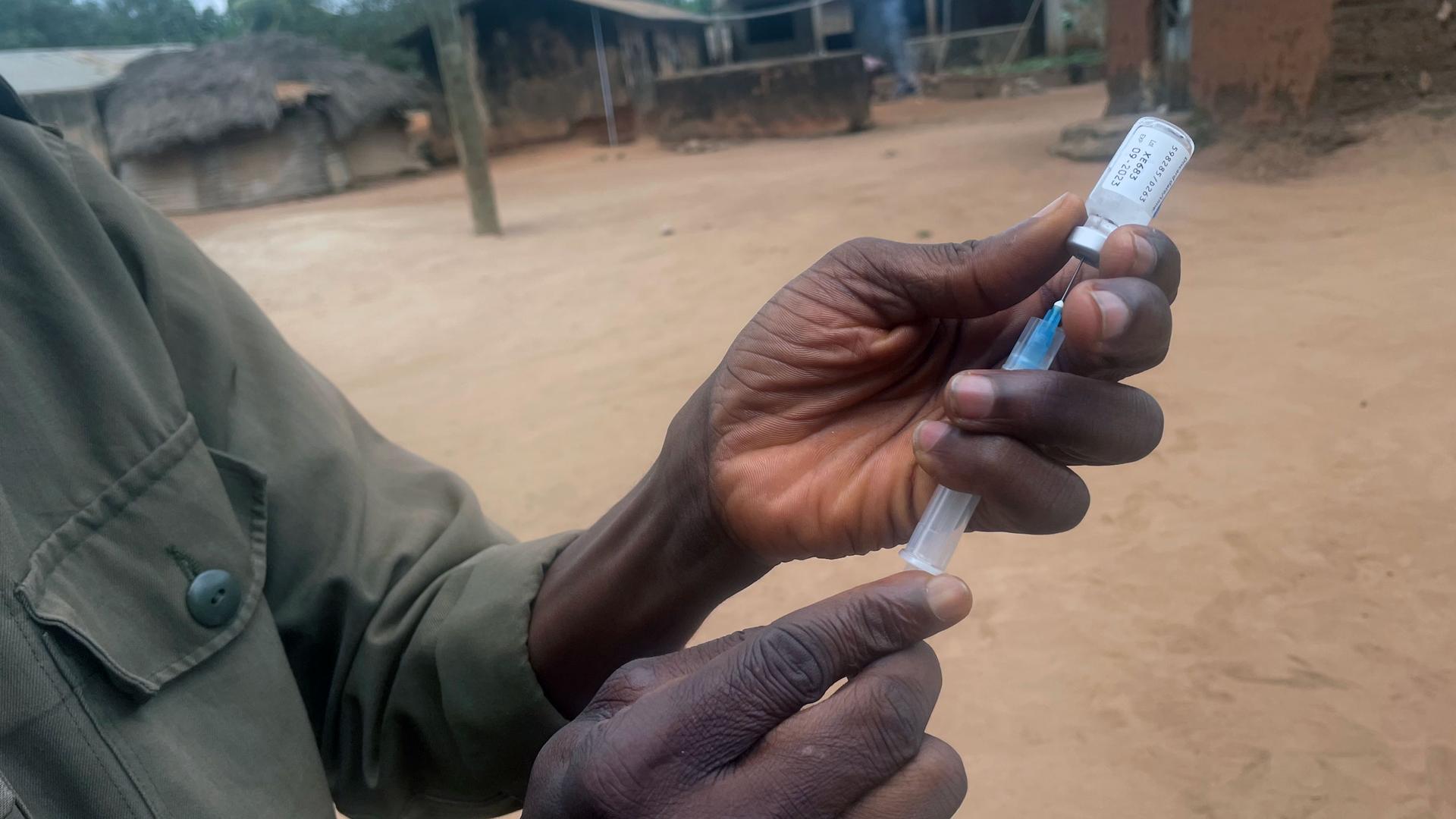‘Red alert for child health’: A nationwide vaccine shortage hits Ghana amid measles outbreak
At the pediatric section of Maamobi Hospital in Accra, Ghana, Comfort Tetteh finished weighing her 4-week-old baby and strapped him on her back.
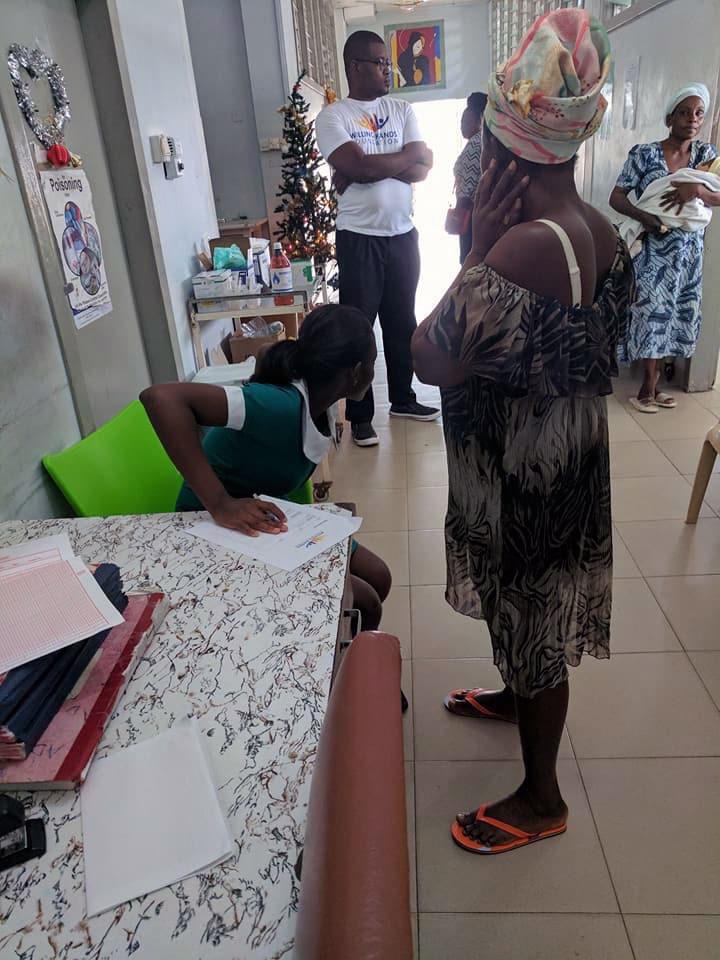
Typically, during visits like this, newborns are immunized against several killer childhood diseases. But the baby, her fifth child, did not receive any vaccines. That day, the facility had run out of infant immunizations.
“They said we should wait and then see if it will come — maybe next month or so. So, I will keep trying until I get it for him,” she said.
In Ghana, a shortage of childhood vaccines has mothers like Tetteh going from hospital to hospital in search of immunizations to protect their infants. As a result, measles are breaking out in some parts of the country.
This has Tetteh extremely worried.
“As a mother, it is so hard to sleep at night knowing very well that your baby is not protected and could easily get the infections,” she said.
‘Red alert for child health’
Shortages of vaccines against tuberculosis, polio, measles, hepatitis B, and tetanus have put an unprecedented strain on hospitals since late 2022.
Ghana was already reeling under a worsening economy since the COVID-19 pandemic began in 2020. But now, the country also faces a faltering economy and a health crisis.
Health officials say that pandemic-related disruptions, vaccine inequity and resource diversions have all contributed to the crisis.
In 2021 alone, 25 million children missed out on vaccinations — the highest number since 2009.
“This is a red alert for child health. We are witnessing the largest sustained drop in childhood immunization in a generation. The consequences will be measured in lives,” UNICEF Executive Director Catherine Russell said.
Russell added that the pandemic cannot be used as an excuse for the delay in childhood immunizations.
“We need immunization catch-ups for the missing millions or we will inevitably witness more outbreaks, more sick children and greater pressure on already strained health systems,” Russell said.
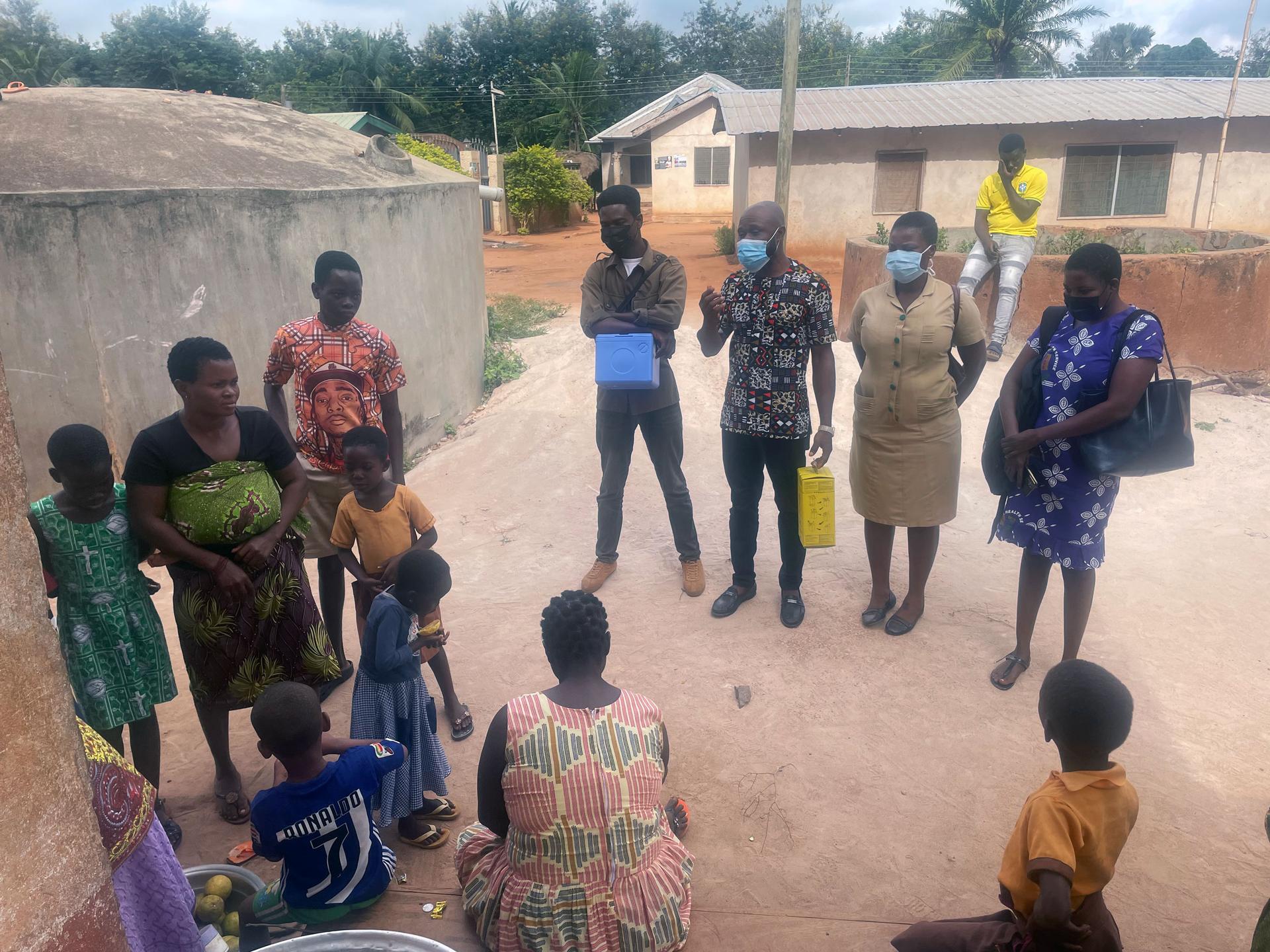
According to the World Health Organization, worldwide manufacturing capacity has increased, but it remains highly concentrated in developed countries.
Ten manufacturers alone provide 70% of vaccine doses, excluding those for COVID-19. And just two of those manufacturers currently provide the vaccine against measles and rubella, among others.
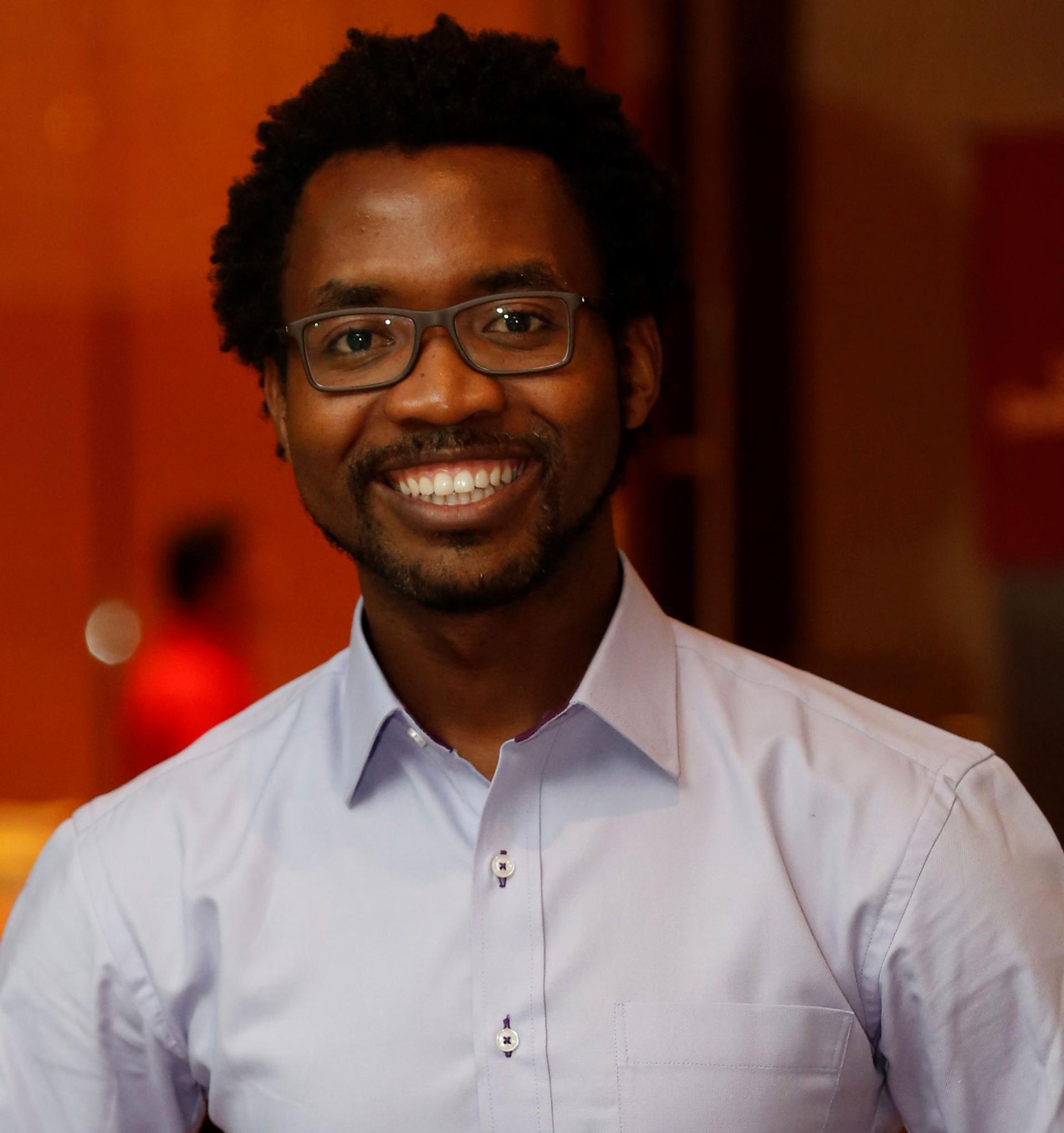
“Everybody who is involved in the global supply chain for vaccines needs to understand and realize that vaccines are only as effective to the extent that we are able to get them to the people that require them,” James said.
“No one is safe until we are all protected.”
Dr. Patrick Kuma-Aboagye, director-general of the Ghana Health Service, admits that the situation is dire.
“We have had some delays in procuring some of those vaccines for which polio, MR [Measles-Rubella], and BCG [Bacille Calmette-Guerin] are in short supply,” he explained, adding that the ministry’s budget, set in the local cedi currency, was impacted by fluctuating exchange rates.
In a recent address to the nation, President Nana Akufo-Addo assured citizens that the situation would get fixed — but offered no specific timeline. He also said the Ghanaian Health Service has developed an elaborate plan to catch children up on their vaccines when they arrive.
“I want to encourage all parents and caregivers to ensure that eligible children are vaccinated once this program begins. No child should be denied access to vaccination,” he said.
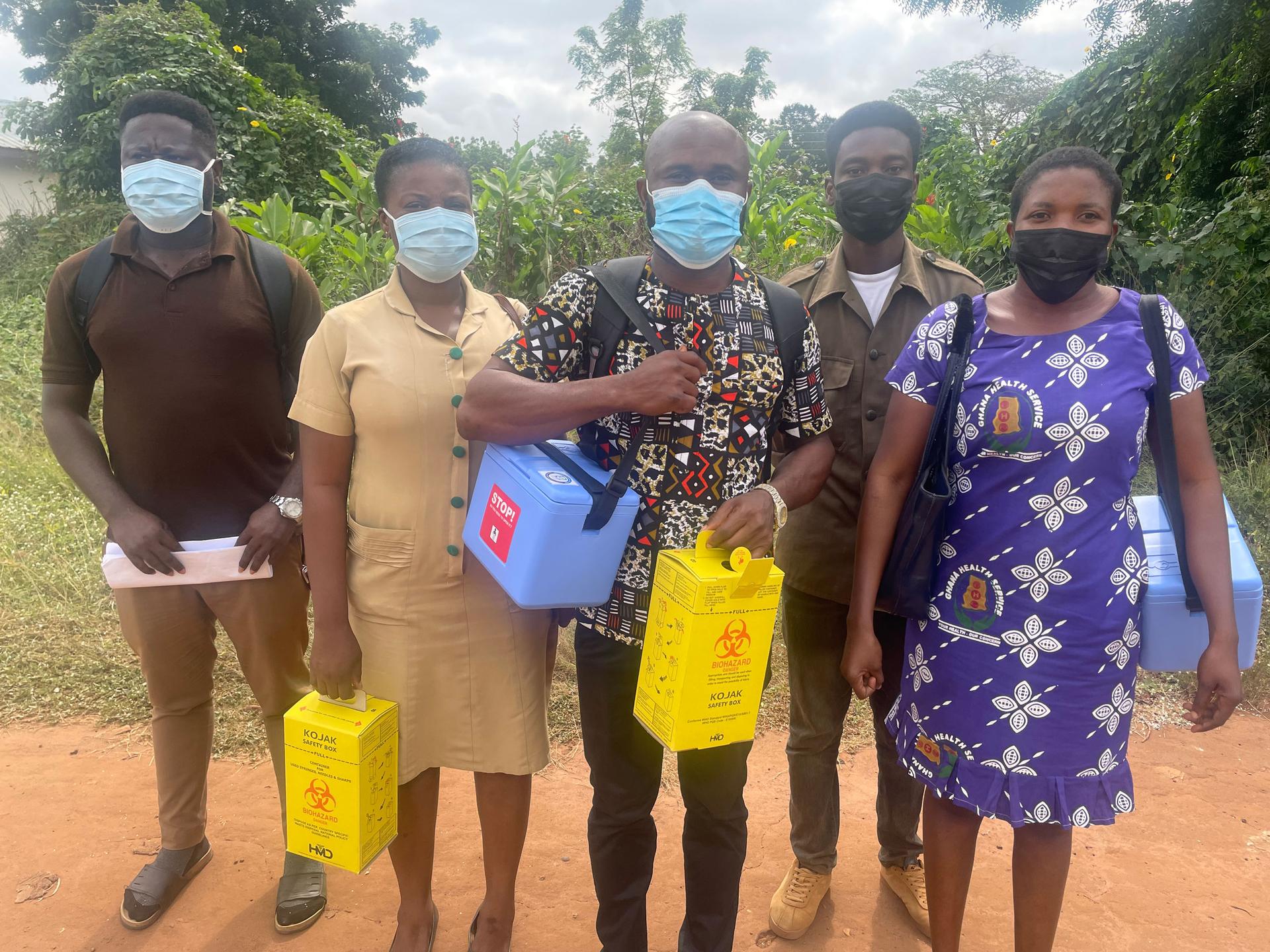
Dangerous measles outbreak
Measles, a highly contagious disease, typically shows up more quickly when vaccination levels decline.
Over 100 cases of measles have been confirmed nationwide with almost 600 suspected cases being investigated in northern Ghana alone.
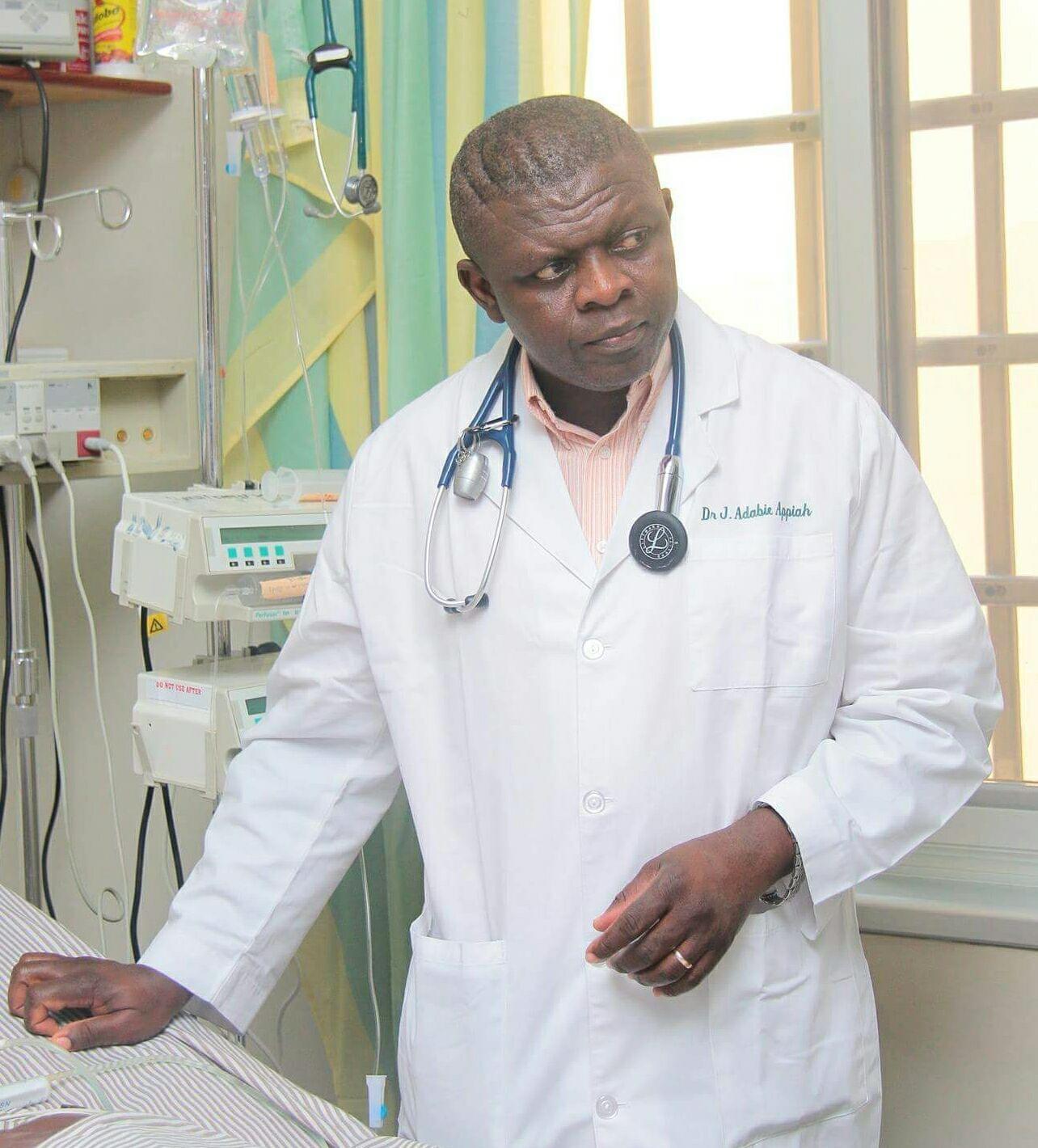
Dr. John Adabie Appiah, president of the Paediatric Society of Ghana, said he is concerned that the situation could erode Ghana’s gains in reducing mortality rates for children ages 5 and under.
Measles can cause brain damage, slow growth and malnutrition, he cautioned.
“If we allow this to fester on, the poorer the outlook will be for the nation,” he said.
The Paediatric Society wants to see the government settle on a dedicated, stable funding source for childhood vaccines to avert future crises.
But Janet Quaye is still dealing with the current crisis — hoping to secure immunizations for her 1-year-old child at Greater Accra Regional Hospital.
After visiting about three different hospitals, her child has only received one shot out of the many routine vaccines required.
“I am always carrying the baby from here and there [in the hot sun], and it’s not even healthy for the child as well,” she said while gently patting her child’s back as he rested on her chest.
For Quaye, who does not live near major hospitals, the transport costs are draining her meager savings and she has little time to focus on her food business.
Health worker Felicia Asante said she sometimes faces harassment and verbal abuse from parents trying to secure vaccines for their children.
“We try to explain to them that it’s a national issue — this one is beyond us,” said Asante, who works at Maamobi Hospital.
But as uncertainty lingers, desperate mothers continue to look for a quick solution to protect their babies.
Our coverage reaches millions each week, but only a small fraction of listeners contribute to sustain our program. We still need 224 more people to donate $100 or $10/monthly to unlock our $67,000 match. Will you help us get there today?
